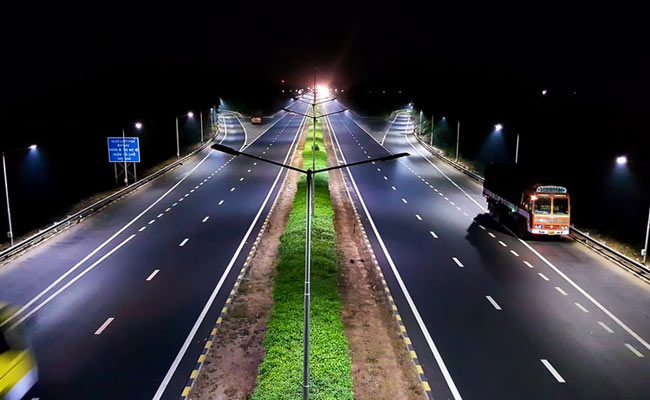The bill focuses on increasing the revenue of the state government.
Nagpur:
The Maharashtra Value Added Tax Act 2002 (Amendment) Bill, 2024, was passed by both houses of the legislature on Thursday.
Deputy Chief Minister Ajit Pawar said that the state government will make efforts through the GST Council to provide relief to the farmers from GST which is currently imposed on essential commodities, fertilisers, seeds, and medicines which are related to the agriculture sector.
“Our country has adopted the concept of ‘One Nation One Tax’, through which the ‘GST’ tax system has been developed. Many concessions and subsidy schemes are being implemented by the Central and state governments for the farmers of the state. The state government will make efforts to give relief to farmers so that they will be relieved from GST payment on various items related to the agriculture sector,” he said.
Ajit Pawar further added that the government will also step up efforts to bring more coherence and transparency in the GST collection in the state.
He said that 16 per cent of the total tax collection in the country is collected from Maharashtra alone.
“Maharashtra has the largest share in the total tax collection in the country. Due to this, special efforts will be made to bring more coherence and transparency to the GST system in the state. Special precautions will be taken to stop tax evasion from areas adjacent to the state’s borders. Many concessions and subsidy schemes are implemented by the Central and state governments for farmers,” he added.
The Maharashtra Value Added Tax Act 2002 (Amendment) Bill, 2024, focuses on increasing the revenue of the state government. As per Section 37 of the existing Maharashtra Value Added Tax Act, 2002, the first burden of the state on recovery was subject to certain conditions. According to the amendments, after the unconditional first burden was established under the Maharashtra Value Added Tax Act, 2002, it will be possible to recover at a faster pace.
Traders purchase petrol and diesel from oil companies and supply them to boats anchored in the deep sea in barrels. The traders are exempted from paying tax by treating this supply as if it were made through other petrol pumps.
This amendment will prevent tax evasion by including the definition of retail outlet and clarification of retail sales in the Act. Also, by including a suitable clarification in Section 2 (24) (five) of the Act, it will be possible to levy tax on sales made by an organisation or club to its members.
(This story has not been edited by NDTV staff and is auto-generated from a syndicated feed.)




















